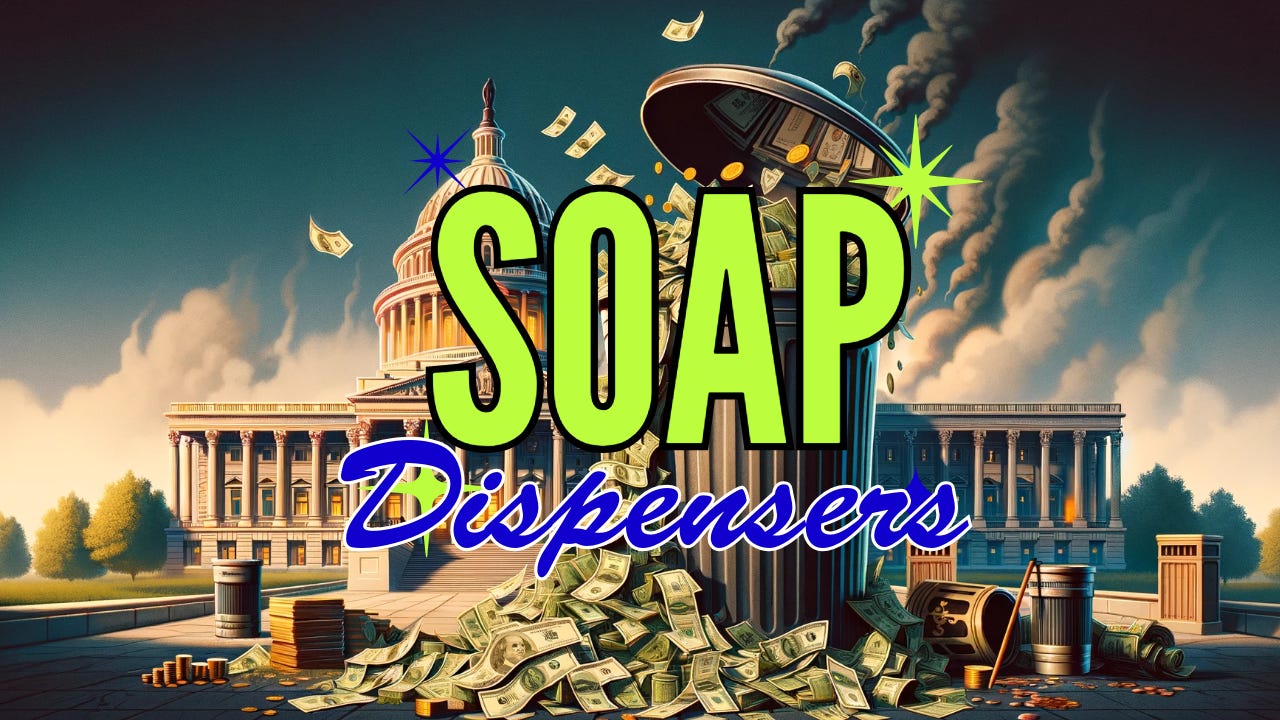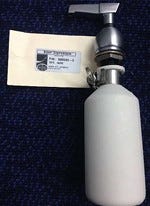Click the player above to watch the video or read the transcript below.
I have to admit the titles of government reports aren’t necessarily catchy, but they often do come right to the point.
On October 25, 2024, which is just a few weeks ago, the Inspector General of the U.S. Department of Defense issued a report titled “Audit of C-17 Spare Parts Pricing.” I grant you that title probably won’t make you rush out to buy1 it just so you could have fun reading material.
But it’s an interesting report as we consider how the government spends the money they take from us.
A Little History
First, a little history of the C-17 Globemaster III.
Way back in 1981 McDonnell Douglas won a government contract to develop a new military transport aircraft with enhanced capabilities. Only ten years later, in 1991, the first C-17 prototype made its maiden flight.
Four years after that maiden flight, the C-17 officially entered service with the U.S. Air Force. Since then, the plane has become a workhorse, carrying troops, heavy equipment, lots of cargo, and it has even been used to carry out medical evacuations2.
In 1997, McDonnell Douglas and Boeing merged creating the world’s largest aerospace company at the time.
Spare Parts
Now here’s the important part of the story.
In 2011, Boeing was given a 10-year, $11.8 billion sole source acquisition contract. That’s a lot of money, but more was to come. In 2021, Boeing was given a 10-year, $23.8 billion sustainment contract.
Boeing was to maintain the aircraft, and that included purchasing whatever spare parts were needed. And then Boeing would bill the government for the cost of those spare parts.
Simple enough.
But someone in the Department of Defense called a special hotline set up to report problems and said that Boeing had overcharged the government for a soap dispenser in the C-17.
So, the Inspector General’s office of the Department of Defense went to work.
They decided to check the price of the C-17 spare parts the government paid Boeing for between 2018 - 2022.
There were too many planes to check every spare part purchased, so the Office of the Inspector General just picked out 46 types of spare parts to review, which included a number of soap dispensers.
Their final report doesn’t tell us how many soap dispensers were overpaid (the number is blacked out in the report) but they do indicate the government was overcharged $149,072.20, which they indicated was a 7,943 percent markup for what the soap dispensers should have cost.
As bad as the overspending on soap dispensers was, the Inspector General’s report identified a total of 12 types of spare parts where Boeing overcharged the government.
They determined the Air Force overpaid Boeing $992,856 for those spare parts.
So what?
The thing you should ask yourself about this story is — will anything happen as a result of the study? Will Boeing be fined for overcharging the government about $1 million for the parts? Or will Boeing lose the lucrative contract they have because they tried to rip off the government?
What about the government people whose job was to verify the cost of the items. Will anyone lose their job, or get demoted, or get reassigned?
What do you think?
I don’t know the answer to that question, but I have a feeling the only person who will get into trouble is the person who called the Inspector General’s hotline to report the overspending.
Actually, you don’t have to buy it. It’s available for free from the Defense Department.
Audit of C-17 Spare Parts Pricing.
The C-17 played a significant role in disaster relief efforts following the 2010 Haiti earthquake and the 2023 Turkey-Syria earthquake.

















Share this post